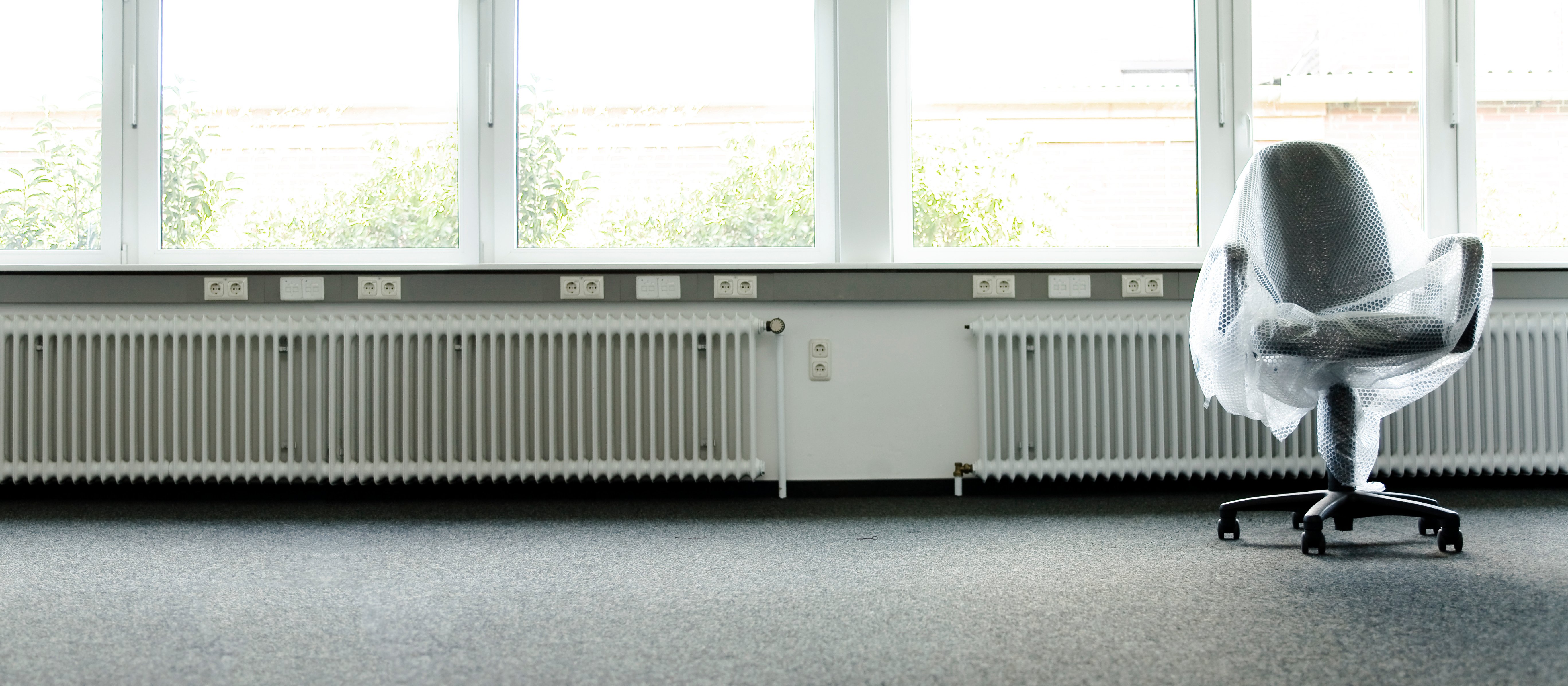EU State Aid and Tax: Apple, Starbucks, Fiat & others – Who’s next?
The European Commission has ruled once again that national tax rulings in favor of certain companies can constitute illegal State aid. The Commission has been investigating the tax practices of the Member States of the European Union since June 2013. After Fiat and Starbucks, it is now Apple that has to repay State aid granted by the Irish Government by means of favorable tax rulings. The Apple case involves an enormous recovery of up to 13 billion EUR plus interest. The cases of other companies are currently under investigation. Who’s next? Internationally active companies should be aware of this problem – and the must be prepared.
Legal background
According to Article 107 (1) of the Treaty on the Functioning of the European Union (TFEU), State aid is generally prohibited. To qualify as State aid, a measure needs to fulfill the following requirements:
- There must, first, be an intervention by the state or through state resources which can take a variety of forms (also tax rulings or other tax measures);
- second, the intervention must confer a selective advantage on an undertaking;
- third, the intervention must distort or threaten to distort competition, and
- fourth, the intervention must have the capacity of affecting trade between EU Member States.
State aid measures can, in general, only be implemented after notification to and approval by the Commission. Furthermore, the Commission has the right to order the recovery of inappropriate State aid plus interest for a ten-year period preceding the Commission’s first request for information.
Tax ruling cases – in particular Apple
The Commission has in recent times repeatedly examined national tax measures, in particular tax rulings, in the light of European State aid law. A Task Force on Tax Planning Practices was set up in 2013 to examine allegations of favorable tax treatment for certain companies. Currently, there are several ongoing formal investigations by the Commission, in particular concerning Luxembourg tax rulings with respect to Engie (formerly GDF Suez), Mc Donald’s and Amazon (see: http://ec.europa.eu/competition/state_aid/tax_rulings/index_en.html).
In the past, the Commission has adopted numerous decisions on national tax planning practices, which provide precedents for the ongoing investigations.
Two decisions were recently issued by the Commission in 2015 with respect to tax benefits granted to the U.S. American company Starbucks and to the European company Fiat. A third decision was issued in 2016 with respect to tax advantages granted by Belgium to at least 35 mainly European companies. In all these cases, the Commission found that the tax rulings constituted State aid and had to be recovered. These decisions are currently under appeal.
The situation is not the same for the recently decided Apple case. According to the Commission, the facts of the case are as follows:
The Apple Group acted via Apple Sales International (ASI) and Apple Operations Europe (AOE) – both Irish incorporated companies – in the European Union. Apple set up its sales operations in Europe so that customers were buying products from ASI and not from the shops that physically sold the items.
The involved Irish tax rulings issued in 1991 and 2007 dealt with the internal allocation of the profits within ASI and AOE. They accepted the fact that the profits were internally allocated to a “head office” within ASI/AOE which was not based in any country, had no employees and no premises. Only a small share of the profits was allocated to the Irish Apple branch and finally taxed; the rest remained untaxed. Although especially ASI recorded 16 billion EUR profits in 2011, only 50 million EUR were taxed.
The Commission, just as in the previous cases, stated that tax rulings are legal when they give clarity to the company on how its profits will be taxed. Nevertheless, in the case at hand, according to the Commission, Ireland granted Apple a selective advantage covered by Article 107 (1) TFEU by accepting the allocation of profits that had no factual or economic justification. The Commission held that the internal allocation was artificial.
The Commission’s reasoning seems to follow the path of the previous decisions. In the Starbucks and the Fiat decisions, the Commission examined whether a tax benefit was granted to the company in question that was not granted to other undertakings in a comparable factual and legal situation. The tax rulings in these cases endorsed artificial methods to establish taxable profits for the companies that did not – according to the Commission – reflect economic reality (for more details see: the public version of the Commission decision which has just been published on 19 December 2016, http://ec.europa.eu/competition/state_aid/cases/253200/253200_1851004_666_2.pdf, and the Commission’s press release, http://europa.eu/rapid/press-release_IP-16-2923_en.htm). Both the Irish Government and Apple have decided to file an appeal against the Commission decision with the General Court of the EU in Luxemburg. It seems likely that the General Court’s judgment will also be appealed and that the case – after many years – will ultimately be decided by the European Court of Justice.
Outlook
It remains to be seen whether the EU Courts in Luxemburg will approve the Commission’s practice in the tax ruling cases currently under appeal. The Commission seems to differentiate between whether the tax ruling in question can be justified due to factual or economic circumstances and whether the applied tax mechanism is purely artificial. In the latter case, the Commission orders the recovery of State aid.
This can have far-reaching consequences for all undertakings because it is the undertaking that has to pay the “unpaid” taxes directly to the national treasury. Finally, it is always the business that has to bear the brunt and not the Member State.
Consequently, companies should be aware of potential legal consequences in cases of favorable tax deals with national authorities as a result of EU State aid law and seek legal advice if there are any doubts.
(See e.g., European Commission, decision of 30 August 2016, State Aid SA.38373 (2014/C) (ex 2014/NN) (ex 2014/CP) – Ireland, Alleged aid to Apple; decision of 11 January 2016, State Aid SA.37667 (2015/C) (ex 2015/NN) on the Excess Profit Exemption State Aid Scheme implemented by Belgium; decision of 21 October 2015, State Aid SA.38374 (2014/C ex 2014/NN) implemented by the Netherlands to Starbucks; decision of 21 October 2015, State Aid SA.38375 (2014/C ex 2014/NN) which Luxembourg granted to Fiat; General Court of the European Union, Cases T-759/15, T-760/15, T-131/16 and others.)
Dr Gerd Schwendinger, LL.M., Attorney-at-law
Hamburg and Brussels

Subscribe to our GvW Newsletter here - and we will keep you informed about the latest legal developments!




